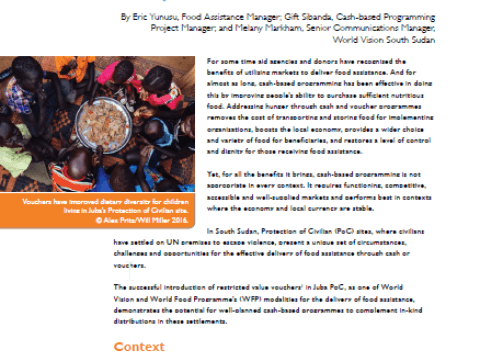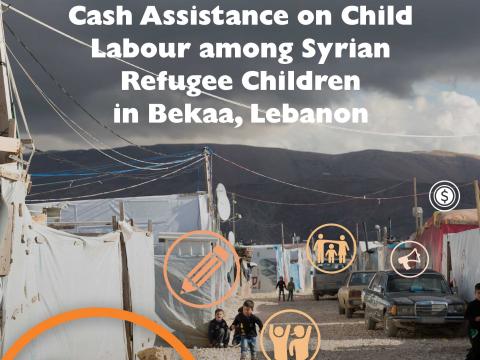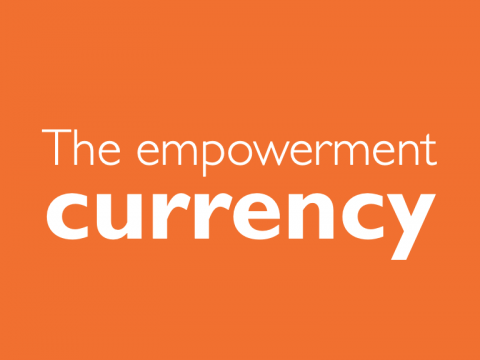How cash-based approaches affect nutrition outcomes: Case studies from World Vision cash programmes in Bangladesh and South Sudan
DownloadCash and voucher programming (CVP) is a humanitarian intervention method used to help vulnerable populations meet their basic needs with flexibility and dignity. Increasingly, humanitarian actors are using this intervention method to contribute to improving nutrition outcomes for target populations. There is some evidence that CVP has a positive effect on household dietary diversity, health seeking behaviour and hygiene practices, which in turn have a positive impact on nutrition outcomes for mothers and children. However, there is limited evidence about the impact of different types of cash modalities, or how exactly cash works alongside complementary interventions.
This research case study, commissioned by World Vision, aims to contribute to the evidence and learning around how CVP contributes to nutritional outcomes for mothers and children. It does this by documenting lessons, recommendations and best practices emerging from World Vision cash-based programmes in two contexts: Bangladesh and South Sudan. The case study aims to answer two primary research questions:
- To what extent is cash-based programming an appropriate programme modality for achieving nutrition outcomes in the given contexts?
- What is the evidence of impact of the cash-based programming on nutrition outcomes? What factors related to cash-based programming have facilitated or hindered the achievement of nutrition outcomes?


